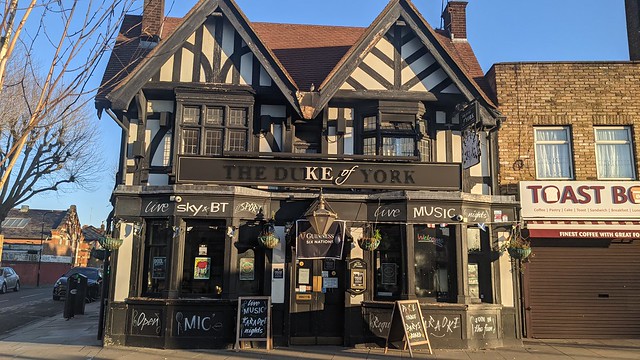skip to main |
skip to sidebar
urban encounters: Berlin trams and London bookshops
Last month's event at Tate Britain,Urban Encounters: Routes and Transitions, was a great opportunity for me to consider street photography, and my work in particular, in the context of others who are stimulated by urban environments. The participants were drawn from a spectrum of writers and practitioners, from the UK and internationally. Under consideration were themes of migration, location and memory and they were each explored from personal experience rather than purely theoretically.

The main speaker was Camilo Jose Vergara, a photographer who was new to me. He showed his most recent project on the streets of Berlin, in particular an extended sequence where he took a fixed position inside a tram and photographed people as they entered. It was interesting to me as it's a direct contrast to my own approach of constant movement, opening myself to the random collisions and coincidences of people and their immediate environment. However by setting strict parameters around a subject, literally a door frame in this instance, a kind of levelling arises by removing them from any indicators of their social status and placing them in a situation of immediate common purpose i.e getting on a tram. This democratisation is in itself an interesting concept in the light of Berlin's recent history. In spite, or perhaps because, of this it was hard to resist projecting a narrative onto the individuals portrayed. Clues of of their appearance suggested their "real" lives.
When I think of taking this approach to my own work I find that the presence of the urban environment, the shop doorways, bus stops and pavements, the fabric of the city, is as much a part of the scene as the individual. It's that ongoing negotiation that intrigues and excites me. Still, that shouldn't stop me from trying something new!
Another comment of Camilo Jose Vergara that struck me was his determination to have his work published in print. It arose principally from a concern of the long-term viability of digital recording, archiving and retrieval. As I sit here committing these thoughts to a system now owned by a global corporation with no obligation to continue to provide this service, for free, in perpetuity, I'm thinking I really should move this site onto WordPress or Posterous! Seriously it's a salutary reminder of how quickly the words photography and digital have become synonymous. Ironically I've found the route to commit my, what's come to be known as, analogue work to print by using a purely digital process.
I have explored traditional printers for quality of reproduction but the print-on-demand and distribution benefits of Blurb, minimal commitment with maximum reach, are more attractive for me at the moment. It's easily characterised as vanity publishing, but there is something in the concept of preservation that justifies it to me. Preservation for whom is another question but the idea of time capsules has always fascinated me. There's a great second-hand bookshop I visit and I always enter it with a sense of adventure, and it's as much about the sensation of handling books printed fifty years ago or more as finding any undiscovered gem. Even with the half lives of our digital footprints c/o Facebook etc I'd like to think there's still a place for an artifact, something that can speak of us and our experience that can be witnessed in the future. Perhaps I've been listening too much to A History of the World in 100 Objects!








No comments:
Post a Comment